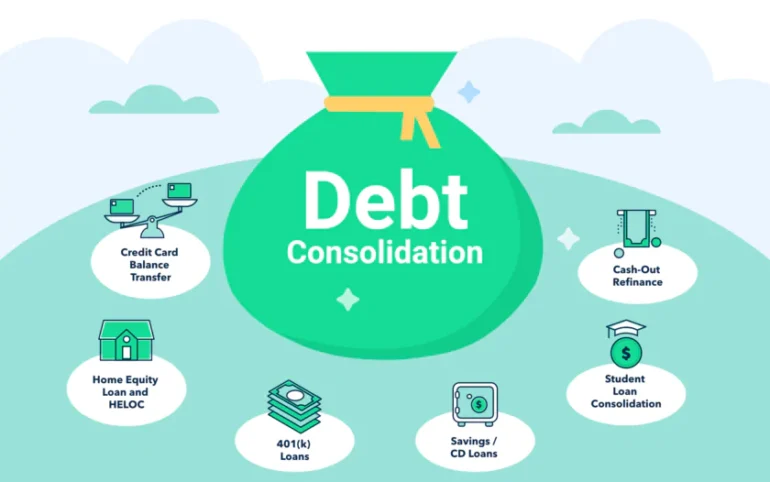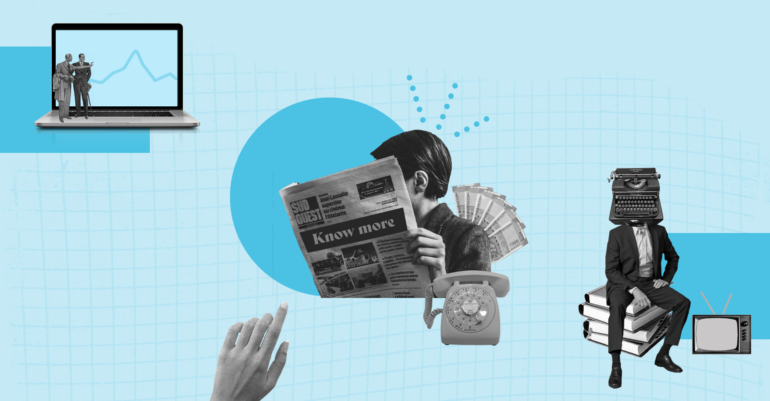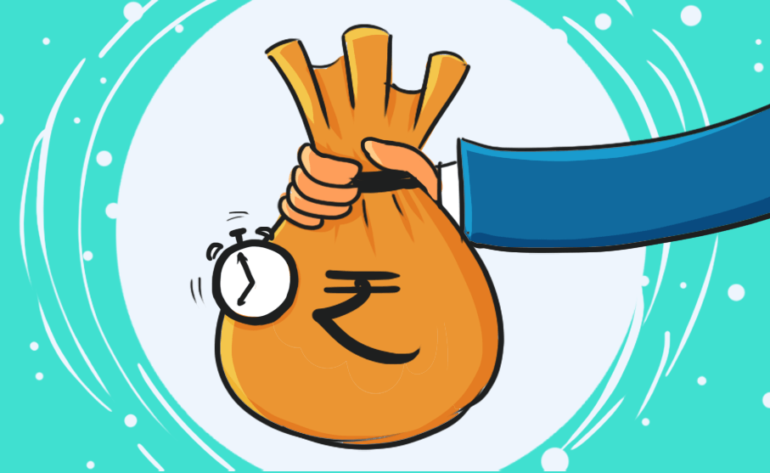As backwards as it might seem at first glance, you can use a loan to pay off another loan. This, of course, raises the question, would you really want to do so? Well, the answer to that one is — it depends. Under the right circumstances, understanding how to consolidate debt can pay dividends.
What are the right circumstances?
Let’s take a look.
What is Debt Consolidation?

The process of combining a number of outstanding debts into a single one is known as debt consolidation. Doing so reduces the number of bills you have to pay each month. It minimizes the number of different interest rates with which you need to be concerned too.
Consolidation holds the potential to help you avoid missed or late payments as well. You’ll have fewer obligations of which you’ll need to keep track. Properly executed, debt consolidation can also help you pay off your debt sooner and lower the total amount of interest you’ll pay to do so.
Another benefit of debt consolidation is the possibility it presents for improving your credit score. Consolidating your debts may improve your credit utilization ratio, which will benefit your score. Making your loan payments on time will help your score increase as well.
When You Should Consider Consolidation

Understanding how debt consolidation works will provide some insights as to when it makes sense to use it. Those who stand to benefit the most from the process usually have a large amount of debt. By large amount, we mean a number so big you can’t pay it all off within a year or less.
One of the biggest determining factors regarding the efficacy of consolidation for your purposes is your credit score. You’ll need a 690 or better to qualify for the best interest rates. This matters because one of the points of consolidation is to achieve a lower interest rate, so you can save money.
You’ll also need an income capable of allowing you to afford the monthly payment on the consolidation loan. Generally, if you’re struggling to cover your monthly debt service now, consolidation, while it will improve things somewhat, might be out of reach. You’ll need to do some calculations to be certain consolidation will be helpful.
When You Should Avoid Consolidation

There will almost always be fees involved. The amounts vary according to the type of loan you’ll get, but you’ll need to account for them when you’re doing your calculations to make sure you still come out ahead.
The interest rate for which you can qualify should also be a determining factor. Consolidation might not be your best play if your score won’t get you a rate low enough to reduce your costs. While we’re on the subject of interest, consolidation could find you paying more in total, even though your rate is lower in some cases. You’ll need to pay attention to that factor as well.
Missing a payment on any type of loan is a bad look, but even more so on a consolidation loan. You’ll be hit with added fees and your credit score will take a dip. Signing up for autopay can help prevent this though.
One of the most important things to consider when pondering debt consolidation is what made you need it in the first place. Some people who used consolidation found themselves in even deeper debt because they didn’t change the habits that got them into debt trouble.
Along those same lines, transferring the balances from your credit cards to a debt consolidation loan will reset the amounts owed on each of those transferred accounts to zero. However, this is an illusion — not reality. You still owe the money, you just owe it to somebody else. Running those cards back up will dig a hole in which you’ll find yourself inextricably trapped.
In Summary

Yes, you can use a loan to pay off another loan. However, there are a number of factors to consider before deciding to do so. You’ll need to make sure it’s the right play for you at the right time. Otherwise, you could make a bad situation even worse.
If you want to know 5 things new entrepreneurs should know about getting a business loan click here.
